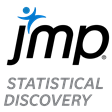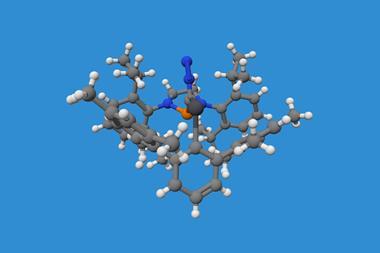Join JMP and guests from De Montfort University, AstraZeneca and Direxa Consulting for a feature-length virtual seminar.
In this virtual seminar, industry experts introduce you to the principles of Quality by Design (QbD). You will see how QbD enables organisations to consistently deliver high quality products in the face of complex technologies, risk factors and many sources of variation.
This seminar was organised with the Royal Society of Chemistry Process Chemistry and Technology Group to work towards meeting their challenge of ‘increasing the uptake of QbD methodologies in all industries and chemistry types’. It is intended to be helpful, practical and wide‐ranging and for use by novices or those who want to expand their current knowledge.
By attending this virtual seminar you will learn about…
- The principles of QbD through case study demonstrations
- The broad applicability of the QbD approach to process development
- More advanced QbD topics including approaches for specification setting and strategies for traditional and accelerated product development
Schedule
1200 – An introduction to the principles of QbD – Walkiria Schlindwein
The term ‘Quality by Design’ (QbD) is not an invention by the pharmaceutical industry, however with respect to pharmaceutical development it is defined in the International Conference on Harmonisation (ICH) guideline Q8(R2) as ‘a systematic approach to development that begins with predefined objectives, emphasises product, process understanding and process control, based on sound science and quality risk management’.
A practical case study will be used to show how QbD, supported by design of experiments and risk assessment, are powerful tools to understand what/why to control plus selecting appropriate ranges to ensure control.
1230 – QbD in analytical method development: The analytical method lifecycle – Robert Shaw and Steph Turnbull
Advances in analytical technology and automation have facilitated new ways of developing robust analytical methods under challenging timelines, allowing incorporation of Quality by Design (QbD) concepts into the Analytical Method Lifecycle (AML). This joint analytical and statistical framework provides the overarching principles to facilitate the development and ongoing control of methods throughout the full lifetime. The pharmaceutical industry is seeing an increased regulatory expectation to understand method performance through an analytical method control strategy to underpin confidence that the methods will continue to be fit for purpose throughout the changing operations landscape. A key tool in this framework is the use of Design of Experiments (DoE).
Presented here are a series of case studies which will illustrate the practical processes and impact of DoEs and quality monitoring within AML during development and beyond.
1300 – A QbD approach to specifications – Julia O’Neill
Specifications play a central role in QbD. A QbD approach to specifications removes barriers to reducing manufacturing costs and driving continuous improvement. This is true regardless of industry.
In the QbD paradigm, specifications should be established to ensure the final product is acceptable for its intended purpose. Specifications are the key to which all other process controls should be linked and play a critical role in planning for reliable supply using process capability metrics.
However, knowledge of true product requirements may be difficult to obtain. Understanding true product requirements becomes even more challenging for today’s novel breakthrough and orphan drugs, when the amount of data available is often extremely limited during control strategy development.
This presentation will explore alternative approaches for specification setting and recommend specific strategies for both traditional and accelerated product development.
1330 – Panel Q&A and discussion – Walkiria Schlindwein, Steph Turnbull, Robert Shaw, Julia O’Neill and Phil Kay
The panel will discuss:
- Questions from the audience
- The value of increased adoption of QbD methodologies in process and chemical industries
- How more people in more organisations can benefit from QbD approaches
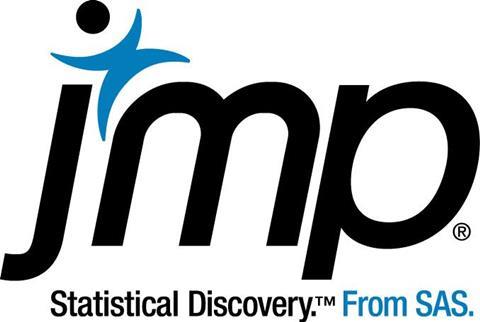
JMP has been a part of SAS since the first version of JMP statistical discovery software was launched in 1989, bringing interactive data visualisation and analysis to the desktop. SAS is the leader in business analytics software and services, and the largest independent vendor in the business intelligence market. Through innovative solutions, SAS helps customers at more than 60,000 sites improve performance and deliver value by making better decisions faster. Since 1976, SAS has been giving customers around the world THE POWER TO KNOW®.
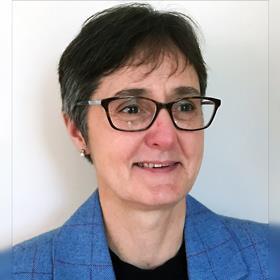
Speaker: Walkiria Schlindwein, Associate Professor at De Montfort University

Speaker: Robert Shaw, Principal Scientist in Statistics at AstraZeneca
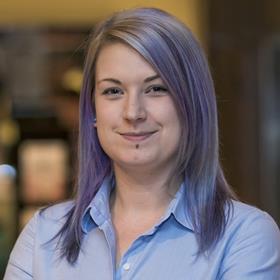
Speaker: Steph Turnbull, Senior Scientist in Statistics at AstraZeneca

Speaker: Julia O’Neill, Founder & Principal Consultant, Direxa Consulting LLC

Speaker: Phil Kay, Senior Systems Engineer at JMP
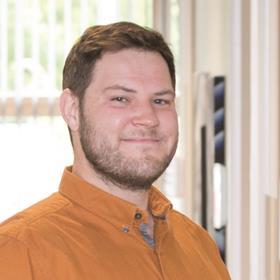
Moderator: Benjamin Valsler, Digital editor, Chemistry World magazine
